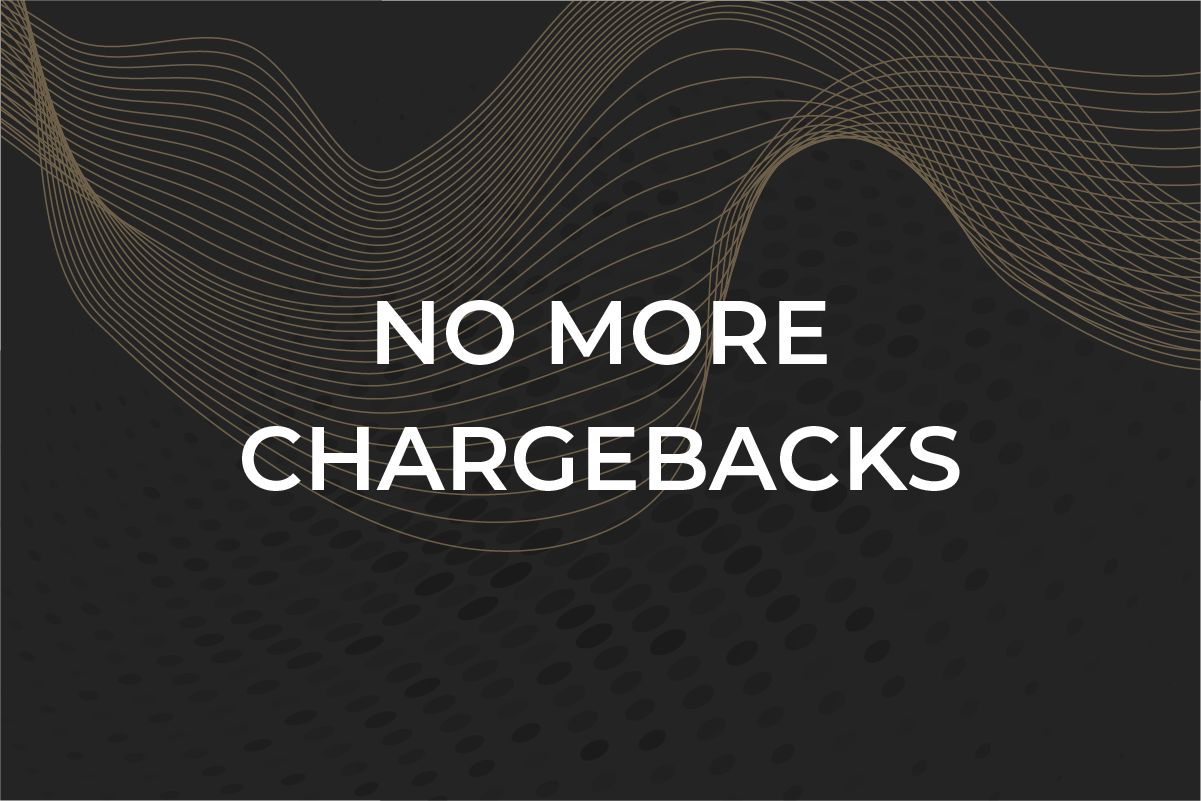How to avoid chargebacks

What is a chargeback?
A chargeback in simple words is a return of funds back to a customer. Originally, the chargeback was established by credit card associations such as Visa, MasterCard, American Express, and others. The purpose was to protect cardholders from fraud and ensure the safety of card usage for customers. Speaking of safety, if you are looking for a secure payment gateway, Maxpay is right up your alley!
But what happens to the business and why should it avoid chargebacks? When a chargeback is validated, four things happen to a merchant:
- a business must pay back the money for a product or service;
- a merchant does not receive back the product or service from a customer;
- a business must pay the chargeback fee to an acquiring bank;
- an acquiring bank keep the history of it which affects the chargeback ratio;
Why does a customer initiate a chargeback?
- Technical causes. Technical reasons refer to the errors on the website while purchasing or collecting items in the shopping cart. In this case, the double selection can be an example.
- Distribution causes. The distribution problems such as the delivery of a wrong item, late delivery, or even a package loss would fit into this category.
- Quality causes. Quality issues often happen when the item does not meet a customer’s expectations regarding the way it looks, functions, or any other.
- Fraudulent actions. When it comes to a fraud attempt, there is nothing wrong with the item received. The customer in this case aims to obtain the product or service and have the money back.
How do you solve a chargeback problem?
If you want to stop a chargeback that is already approved by the card brand, it is not possible as the customer has a legal right to demand it. The best option for a merchant is to prevent chargebacks. There are several ways to do it.
| Using chargeback alerts and insurances | Modifying website and inner processes | Offering reactive customer service | Making a refund process easy |
| Special online services like chargeback alerts and chargeback insurance can help to reduce the fraud | Simple tips such as clear product descriptions, tracking services for packages, and so on do help to reduce cases | Often many problems can be solved immediately by offering online customer help | Refunds are way better for the business than chargebacks, and making them easy would help a business a lot |
Effective ways to avoid chargebacks
Following payment processing protocols
Every credit card processing network obtains its protocols for managing card-not-present purchases. A merchant can be requested to collect such customers’ data as the IP address, AVS, and CVV number, especially for transactions in EUR and USD.
Following payment processing protocols is a must for a business that wants to avoid fraudulent actions. Ignoring these measures may lead to approval of all the incoming chargebacks no matter the reason.
Implementing adequate item descriptions
To avoid confusion and stop chargebacks, a merchant should present a product or a service the way it is in real life on the selling website. In other words, the image and the textual description, including relevant points like measurements, should not make the expectation of a customer higher.
Securing delivery and offering clear policies
We highly recommend taking the delivery process seriously. The customer must be given the tracking number, informed on how the delivery happens, and also notified of all the stages of it. These simple measures would prevent distribution issues.
Making a reactive customer support
The first step in stopping chargebacks is to make communication easy. Putting on the website email, phone, contact form, and an online chat may solve a lot of misunderstandings, and improve the business reputation in general.
Making returns and refund easy
Returns and refunds must be easy to perform for customers. Both are way more healthy for the business, as instead of initiating a chargeback, a customer can just address a merchant directly with the problem. Solving an issue like this would save the merchant’s money, as there would be no fee, and would not affect the chargeback ratio.
Chargeback insurance and chargeback alerts for merchants
Chargeback insurance protects a business from fraudulent attempts. It pays back the losses related to credit or debit card purchases in Europe and worldwide where a transaction occurred on the insurance provider’s payment gateway or payment processor.
Chargeback alerts notify a business each time when there is a chargeback dispute, freezing it, and giving a merchant 24-48 hours to solve the issue personally, not involving an acquiring bank.
If you are looking for such a solution, our payment gateway service provider can deliver! For one, Maxpay offers Visa Merchant Purchase Inquiry to significantly reduce chargebacks related to friendly fraud.
There’s also Ethoca Alerts – a solution that notifies a merchant about the confirmed card fraud, so a business can make a quick refund and avoid disputes.
Maxpay’s merchants can also set automatic refunds and forget about chargebacks with Rapid Dispute Resolution from Verifi.
Last but not least, Maxpay’s very own Covery anti-fraud platform provides top-notch risk management and fraud prevention services. Contact us at start@maxpay.com for more information.
FAQ
How can merchant chargebacks be avoided?
There are three main ways: implementing special services, optimizing a website, and making the communication accessible.
Why do companies hate chargebacks?
Because it brings along fees and spoils the chargeback ratio, putting the merchant account at risk.
Can chargebacks be denied?
Yes, it can. If the card association does not see strong grounds for it.
How to avoid chargebacks in eCommerce?
Firstly, by modifying the online shop, and then by implementing special online services for chargeback prevention described before.
How to stop chargebacks?
There is no such option as stopping chargebacks, as it is the right of any customer to dispute one. But there are ways to prevent it.